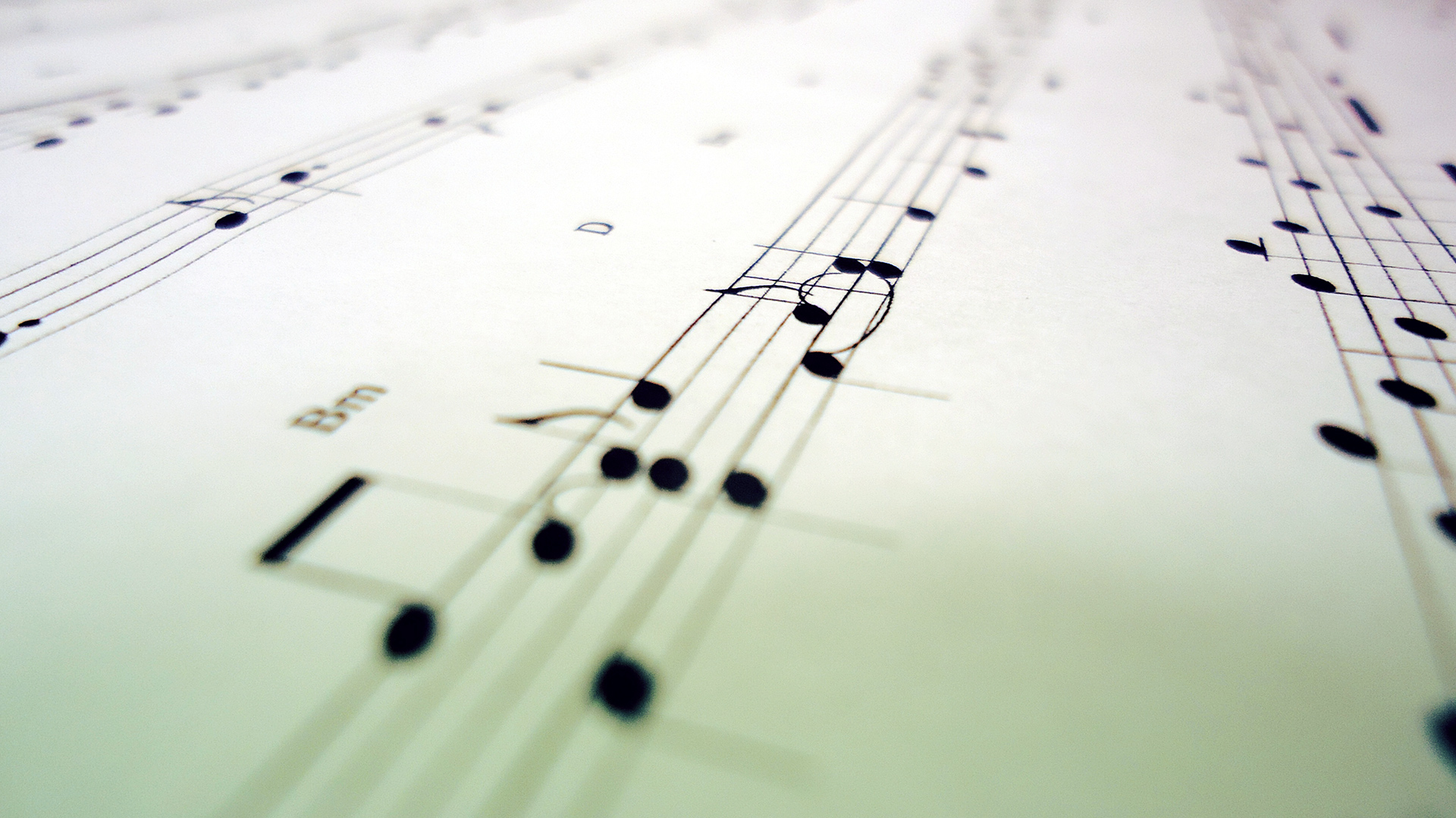
Brief History of Music Education.
Ancient Greece
Music education was an important part of greek culture as it had the purpose of helping society to participate in the fine arts. Many philosophers considered that music was an important aspect of education, for example, Aristotle believed that students needed to develop musical taste, as this reflects the community rather than just the individual.
According to Frédérique Woerther:
Music is a fundamental part of Greek paideia in the classical period. As the sophists rose to prominence in the fifth century, the role of music in education became a topic of great interest. Plato provides a crucial set of sources for understanding this development: the organisation of the ideal cities described in the Republic and the Laws requires an account of the education which citizens of those cities will have to receive, whether or not those citizens will form part of the governing class.
Music and the Education of the Soul in Plato and Aristotle: Homeopathy and the Formation of Character.
Much More than Social Status

There was a time when music education was all about elevating social and economic status, however Lowell Mason, one of the most influential people in musical education, had a few reasons why music should be taught:
- We all have organs adapted to produce and distinguish musical sounds; it is necessary to use the ears and voice to prevent them from becoming musically dull
- It ought to be; it is our obligation to make music; it is our duty to improve the talents of our children
- Vocal music is good for our health (the lungs and the heart)
- Vocal music tends to produce social order and happiness in a family
- The mind is exercised and disciplined by singing as by the study of arithmetic, reading, and speaking
- It cultivates the feelings
These are not just reasons to study, but some of the things that makes musicians feel good about being part of this.
Conservatory
Today there are conservatories all around the world which consists in music schools for education in musical performance, reading and composition. The term comes from Italian, which would be “conservatorio”, this is due to its origin in the Renaissance, however the term was first used to refer to orphanages and hospitals.
After that it slowly became a place funded by the state to teach boys and girls music.
This wasn’t however the first music institution, in the middle ages, there were choir schools but always subject to religion.
The conservatory was the first secular musical institution with Ospedale della Pietà in Venice being one of the first recorded in history, founded in 1346.

This was a slow beginning as it wasn’t until 1784 that the first big secular music school was founded, and it was the Conservatoire National de Musique et d’Art Dramatique, a name which was given 11 years after being established. The idea was of course to prepare and teach young musicians to be able to participate in concerts, but was later expanded to the idea that students should be able to learn how to play various instruments, sing and even act.
The french model was ultimately the one that became international, with countries all over the world, adopting the same kind of structure and musical education, each with a few little differences but mostly every music institution being a conservatory.
The emergence of musical education in terms of a necessity to uphold the progressive and common school values of the early 1900s, evolved to accommodate the new philosophical movement of the 1950s, 60s, and 70s. Despite the inevitable variability within these different social reform movements of the past century and a half, music education has continued to reflect the ideologies of each of its respective eras. In this way, we can understand music’s role as being a facilitator for societal mobility and progression, the reason for its change over time.
Today we understand the benefits of music and it’s available to anyone who wishes to learn it. This even goes beyond space, as online lessons keep appearing in our lives as a great alternative, while somewhat different, it still manages to be a space for learning.
